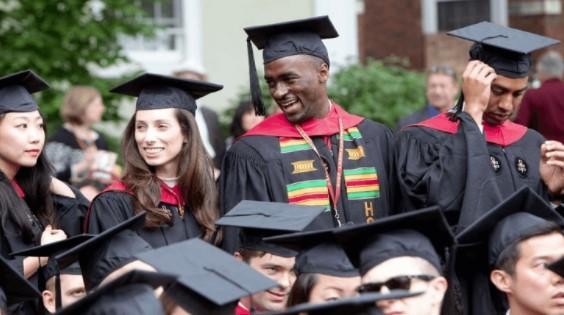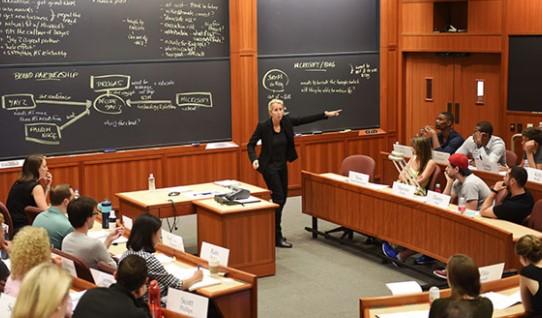MBA Applications Surge Despite Fed Defiling All Economic Laws As We Know Them
Tyler Durden
Tue, 12/08/2020 – 21:05
Who in their right mind would want to be an MBA in this environment?
That’s the first question that came to our minds when we found out that MBA application volume was surging. Thanks to vast distortions in both capital markets and the economy brought on by the Fed rigging interest rates and introducing limitless money into the supply, we’re not sure any of the economic “basics” one would learn in an MBA program would even apply in the lunatic asylum our economic system has become in 2020.
Despite this, the upcoming MBA admissions cycle is “shaping up to be the most competitive in recent memory,” according to the Wall Street Journal. Full time residential MBA applications have seen higher volumes for next fall and expect to have fewer spots for enrollment than in years past.
Schools have also let some international students defer enrollment due to the pandemic’s travel restrictions, locking up supply for spots. The deferral rate for all students was up from 2% in 2019 to 6% in 2020 as a result of the pandemic.
Jeremy Shinewald, founder of admissions consulting firm mbaMission, said: “Everything points to this being the most competitive year ever for M.B.A. applicants. I wouldn’t be the least bit surprised if schools crush their records for application volume.” Consultations at his firm were up 30% from July to September, he said.
Applications to MBA programs in American “rose for the first time in five years” in 2020 as a result of lowered testing requirements and more applicants looking to bypass the economic slowdown caused by Covid.
“I feel the importance of the whole [application] package has increased. The bar is higher for applications,” applicant Jimmy Lin told the Journal. He is applying to Northwestern University’s Kellogg School of Management.
Georgetown has accepted a majority of its candidates during its sound round of applications this year, whereas it normally takes three to four rounds to fill out a class. The university doesn’t expect to increase its class size despite the surge in interest for its program.
Shelly Heinrich, the associate dean of M.B.A. admissions at Georgetown University’s McDonough School of Business, said: “It can be nerve-racking for applicants. They are now thinking, ‘Oh goodness, not only do you have deferrals who have secured spots in your class for next year but your applications are now up significantly, and so what does that mean for me?”
Applicants that schools are inviting for interviews have fallen about 8% at the Top 16 schools, the Journal notes, and the rejection rate is up 7% from a year prior.
Some schools, like Harvard Business School, are expanding their 2021 class sizes to try and meet some of the demand. Harvard said it would enroll 1,000 students over the next two years, up from the 730 it enrolled last fall.
Perhaps next they will alter their programs to specialize in how to get a multi-billion dollar market cap without ever turning a profit, the wonders of SPACs and why buying the dip will be a sound strategy for decades to come.

